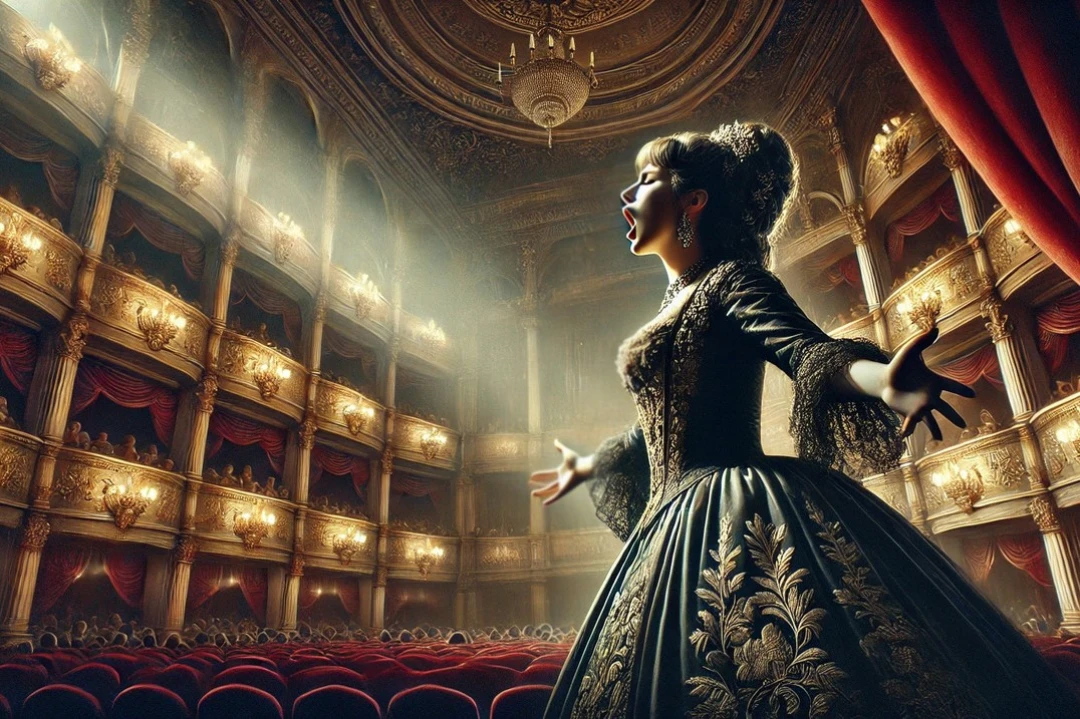The expression bel canto, Italian for “beautiful singing,” brings to mind a golden age of vocal artistry that left a memorable mark on the history of opera and vocal performance. Though often used broadly to describe elegant and technically refined singing, bel canto also refers to a specific period in the development of opera, a period with deep connections with the Italian musical tradition and closely tied to the development of opera in the 18th and early 19th centuries.
At its core, bel canto has never just been about beauty for its own sake; rather, it referred to a complex and disciplined vocal style, one that required singers to possess not only lyrical expressiveness but also complete technical control, particularly over breath, phrasing, agility, and dynamics. The voice was trained to work through long legato lines, rapid coloratura passages, and delicate ornamentation, all delivered with apparent effortlessness and grace.



